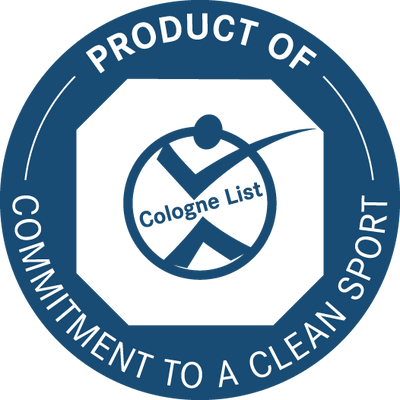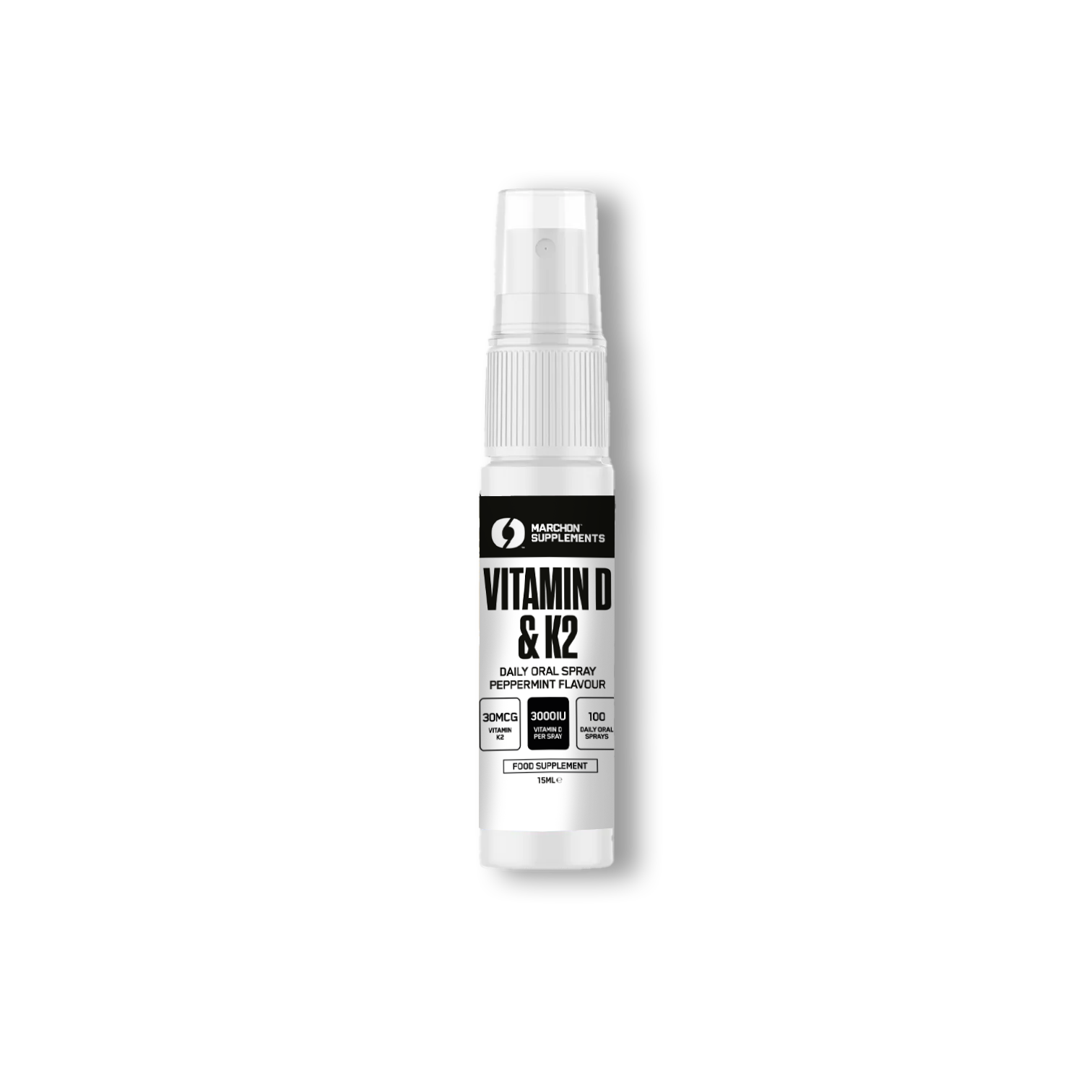It is a promise to deliver supplements that support your health and performance without compromise. We don’t settle for mediocrity and neither should you. We believe that premium supplements should meet the highest standards of quality, efficacy, and transparency.
VITAMIN D3 & K2 Spray
From £0.13 per serving.
• Helps support immune function
• Necessary for bone health
• Can improve strength and power output
• Can improve muscle function
• Helps to improve exercise capacity
MARCHON™ Vitamin D Spray is a quick and easy way to increase your daily Vitamin D intake. Coming in Peppermint flavour, our Vitamin D spray delivers 3000IU of Vitamin D3 and 30mcg of Vitamin K2 per spray, which is easily absorbed into the bloodstream.

THE MARCHON™ STANDARD
The MARCHON™ Standard is a set of guidelines that we have created internally that relies on external 3rd Party Testing and registered bodies to reinforce the efficacy of our products and their contents. Every supplement we create goes through a stringent development protocol to create the best supplements on the Market.

The Cologne List® is an independent initiative that publishes products that have been tested for banned substances by a world-leading anti-doping laboratory. Supplements on the Cologne List® have undergone rigorous testing to help ensure they are free from substances prohibited in sport.For athletes and active individuals, this provides an extra layer of trust.
Because what’s on the label should match what’s in the product. Third-party testing helps verify that: The formula contains what it claimsNo harmful contaminants are present (like heavy metals, pesticides, or microbes).
